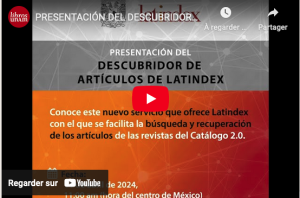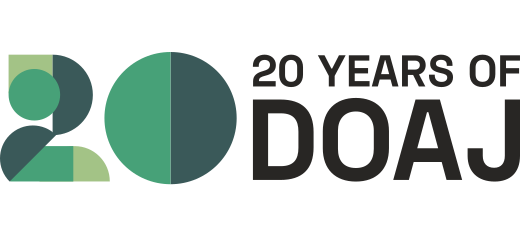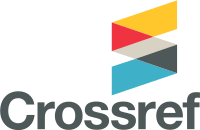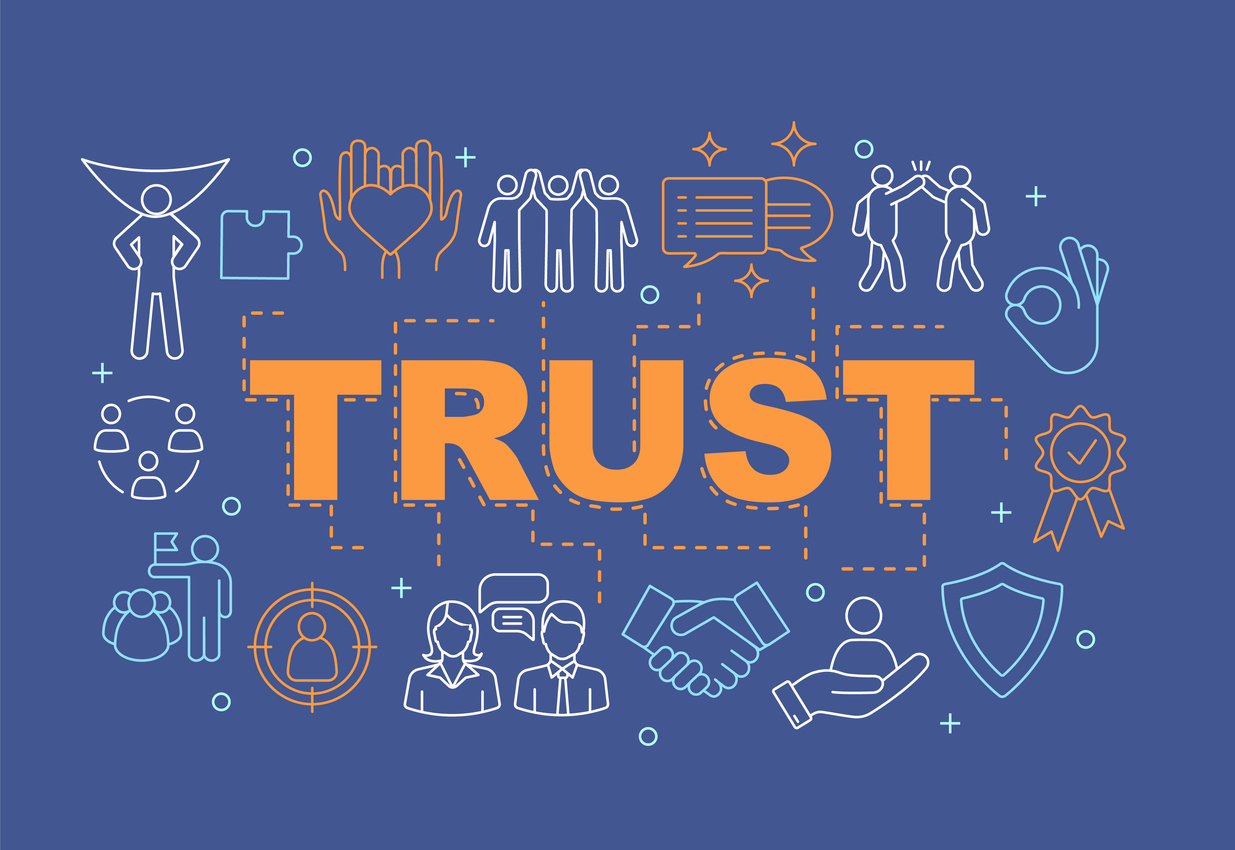Navigating the Retraction Minefield in China and Beyond: A Need for Systemic Changes and Increased Focus on Researcher Well-Being
The recent nationwide audit of retracted research papers in China has shed light on significant challenges within the academic community. This audit, initiated by the Chinese Government, marks a crucial point in the pursuit of research integrity within China’s academic landscape. By actively initiating audits and supporting initiatives aimed at enhancing research integrity, government funding bodies send a clear message to researchers that accountability and transparency are paramount. Authors must recognize their responsibility not only to the academic community but also to those who fund their research endeavors.






